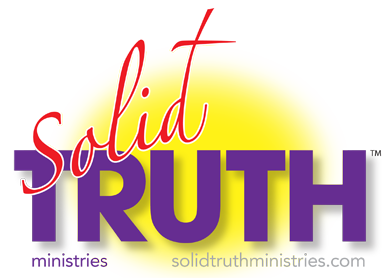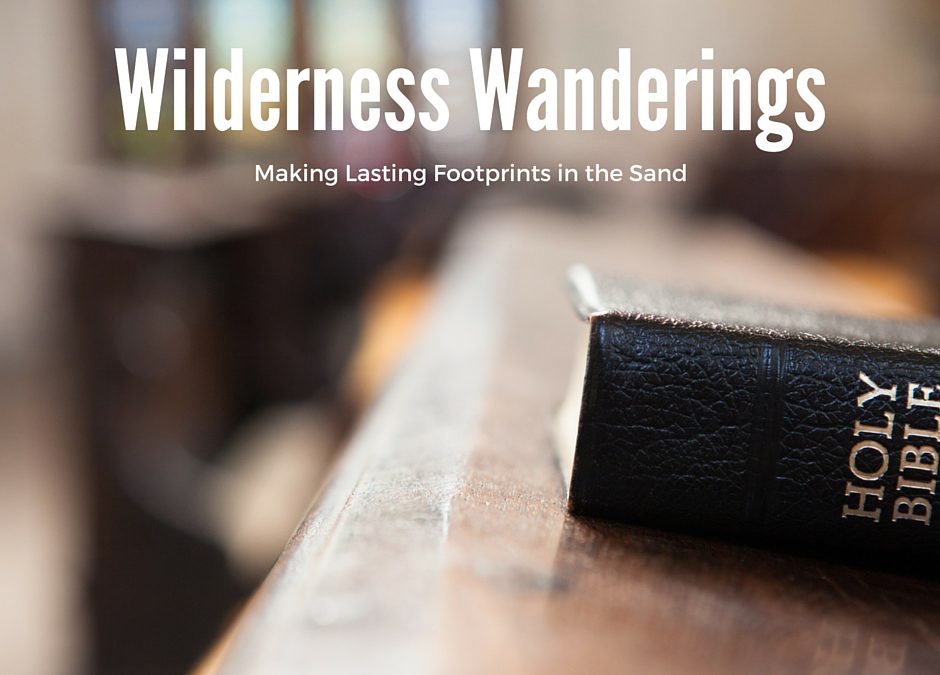Our study today comes from Exodus 14:10-12; 15:22-27; 16:1-3; 17:1-7. Please read these passages of Scripture.
The moment we open our eyes in the morning, you and I make a conscious choice about what kind of day we will have. Will we choose optimism or pessimism? Will we focus on what we have, or what we don’t have? Will we start the day off with a word of thanks to the Lord, or will we grumble? Will we smile or frown? Throughout the day, the choice is all ours.
Webster’s Dictionary defines choice this way: choice usually implies the right or privilege of choosing freely.¹ Acclaimed pastor and author, Charles Swindoll, writes: “I am convinced that life is 10% what happens to me and 90% how I react to it.”² How true these words are. And it all boils down to one word: choice.
Based on your readings from the previous passages, what choice did the Israelites make when entering the desert? Choose one.
Trusted God Grumbled
Rejoiced Worshiped God
Read Exodus 1:8-14; 2:23-25 and explain what life was like for the Israelites in Egypt.
In Egypt, the people of God were slaves. As the oppression grew, they cried out to God for deliverance. He heard their cry and rescued them from the daily hardships that plagued them. The scene takes a drastic turn, though, once they enter the desert. Envision this scenario with me: Commissioned by God, Moses leads one and a half million people out of bondage. As days turn into weeks, the Israelites’ admiration for their trusted leader grows. But as the journey continues—a journey toward a new land where freedom would be attained—something happens. Hearts that once rejoiced quickly sour. Smiles turn to frowns. Grumbling and complaining begin to spill forth from disgruntled lips, and it doesn’t take long for this “attitude change” to make its way through the whole camp, much like a domino effect.
Every day, the complaints roll across Moses’ desk. Neighborhoods get together for gripe sessions. Picket signs read: WE WANT TO GO BACK and WE WANT A NEW LEADER. Moses soon becomes weary. Each time he ventures outside, he gets besieged with evil eyes and snide remarks. Eventually, he is worn down. Grief stricken, he prostrates himself on the ground and cries out to God. Perhaps he questioned God’s calling on his life.
While I’ve exaggerated the story, I’m certain you get the picture. You’ve heard the saying, “If mama ain’t happy, ain’t nobody happy!” This tells me that people who possess sour attitudes are not fun to be around. And sourness will, in time, infiltrate into all other relationships. The people of Israel made a choice and we can learn a lot from them.
Can you think of a better solution the Israelites could have made? Based on your answer, what would its impact have been?
Better choice:
Impact:
Think of a difficult situation in your life right now. Take a moment to write what it is and how you’ve been responding.
Difficult situation:
My response:
Read Philippians 2:14-16 and answer the following questions:
What is Paul’s exhortation (verse 14)?
What are the benefits resulting from obedience (verses 15-16)?
How brightly do you want to shine in your home, neighborhood, work place, social circle, or church? Do you want to shine as bright as that glorious star that lit up the night sky some 2,000 years ago—the star suspended in space above the newborn babe, the King of all Kings? Do you want to be a light in a dark world? Do you want to point the way to Jesus?
I recall the words to an old song:
“This little light of mine, I’m gonna let it shine … Let it shine, let it shine, let it shine. Hide it under a bushel? No! I’m gonna let it shine … Let it shine, let it shine, let it shine. Don’t let Satan blow it out, I’m gonna let it shine … Let it shine, let it shine, let it shine.”
No one understood the desert more than the Apostle Paul. How did Paul respond to his own wilderness experiences, according to Philippians 4:11-12?
How do you think Paul found contentment in all his circumstances, good and bad? Answer this question by reading Philippians 4:13.
I wonder if Paul was reflecting on the story of the Israelites when he penned these words. Where did Paul get the strength to rejoice and sing hymns in a prison cell after being severely beaten (Acts 16:23-25)? How was Paul able to encourage and exhort the body of believers when he faced daily persecution and opposition? Where did Paul find the muscles to smile when he was hungry, dirty, weary, and fatigued? No doubt, Paul would tell us that he found contentment from God. He asked God to help him make better choices. Consequently, Paul was a bright star shining in the darkened universe. He was a joy to be around. No matter what his situation, Paul was able to smile.
Well, my friend, you and I also have a choice—to smile or to frown. Which one will you choose today? If you choose the first over the second, the rays from your star will pierce through the darkest night.
So, let us go forth today with Paul’s words before us: “You [will] shine like stars in the universe as you hold out the word of life…” (Philippians 2:15-16).
With today’s lesson before us, let me ask a question: Are you finding it difficult to smile in your present situation? If so, ask God to help you be joyful so you can be a bright star in someone’s life.
I hope our lesson today brought you to a new place – a place of refreshment and joy. Thank you for taking the time to join me in the study of God’s Word.














Thank you Sheryl for your continued commitment to sharing God’s Word. May God Bless you in a very special way. 👍🙏